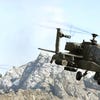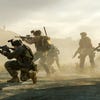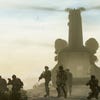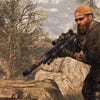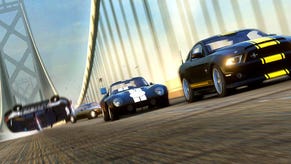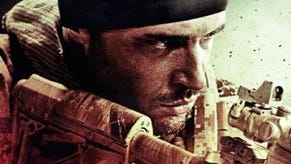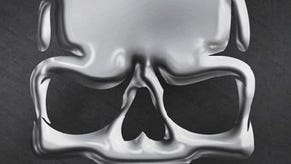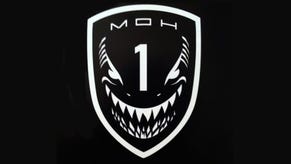Medal of Honor's Greg Goodrich
On respect, authenticity and why they chose Afghanistan.
That's where they were. It was really interesting, because in the Shahikot Valley, it's a very contained area - it's 12, 13 kilometres, but in and around that area it's very diverse, so you have city slums, the dry rugged desert terrain, you have the green river valley, and then you have snowy mountain peaks. So it gives the ability to make the player feel they're jumping all over the place and connect all the characters. There's that connective tissue, not just in the environments but the proximity of the main players. It helps us craft a tighter story.
Games are the medium of our time. You and me - this is our medium and how we tell our stories. I think a large majority of the individuals who are currently talking about it in that way don't understand that this is our best way of being able to honour a group of individuals, to tell a story, to shine a light on a community of warriors that need to be honoured.
I think a lot of people think of games and their first thought is that it's for little kids - they don't know that we have a ratings board - or they think games are a "Weee!" experience and not a "Wow" experience. This is a "Wow" experience for us. I can't imagine taking my eight-year-old to go and see Pulp Fiction. I wouldn't because that's not who it's made for.
Also, [in the past] people have knocked books they haven't read or films they haven't seen, and I think they're doing it now for games they haven't played. For those individuals who play this game and follow our single-player narrative and understand our tone and intent, they're going to get it.
This game is not about the Taliban, it's not about al-Qaeda, it's not about the Chechen or Uzebek fighters. It's not the Afghan war. It's about a group of individuals going through an event and us paying tribute to that.
In our story, we remain authentic and try to draw those differences, because there is a difference between al-Qaeda and the Taliban. We do so in a way that differentiates them not only in their local dress and the types of areas that they occupy, but we also do so in their languages, so our Taliban fighters speak Pashto and our al-Qaeda speak Gulf Arabic.
We show how they were all a part of this fight but there clearly is a... I wouldn't say a hierarchy, but back then there was a difference. And there still is a difference, but it's changed quite a bit over the last nine years.
It was a gift [laughs]. It was a gift from the development gods who gave us DICE to build our multiplayer.
It was a series of discussions that ended up in the ultimate goal of being able to reboot the franchise at a quality level that's required in the first-person shooter genre - or in any reboot. A decision was made to put two teams, each concentrating on what they do best, to deliver the best-possible experience for the gamer.
That's the best part about it, because the gamer doesn't care how many studios were involved on a great product.
[Laughs]

